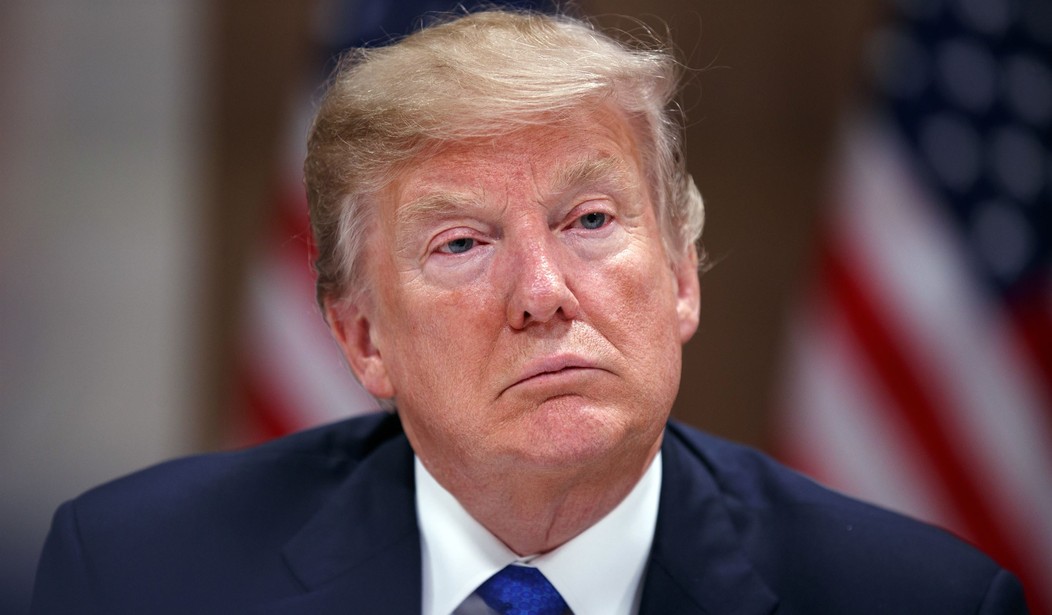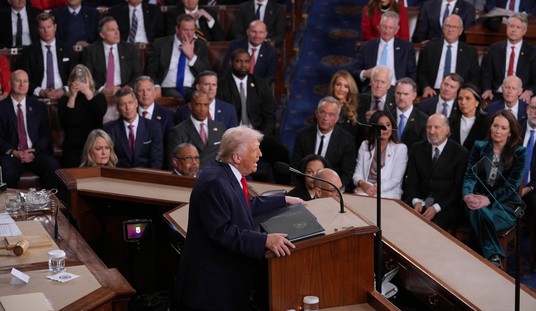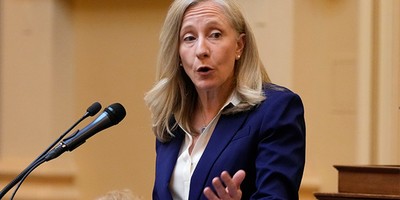The Trump administration is now moving to put some teeth on its promise to punish "unfair" trade from China and other countries. This week it imposed punitive tariffs on Chinese and South Korean manufacturers of washing machines and solar panels. The move is ill advised on its own, but you can be sure this is just the beginning of renewed debate over the benefits of free trade, with any number of once-passionate opponents of the government "picking winners and losers" rushing to defend the sagacity of "America first" economics.
Rather than wade into a wonky discussion of how trade deficits aren't the bogeyman they're made out to be, I'd like to come at this a different way.
One of the most difficult distinctions for people in general and politicians in particular to grasp is the difference between being pro-free market and pro-business.
There are many reasons for this confusion. For politicians, the key reason is that businesspeople are constituents and donors, while the free market is an abstraction. Also, because capitalists tend to lionize successful people, we assume they share our philosophical commitments. But it is a rare corporate titan who favors a free market if doing so is bad for his or her bottom line.
Adam Smith recognized this in his canonical 1776 work, "The Wealth of Nations." "People of the same trade seldom meet together, even for merriment and diversion," he wrote, without the conversation ending "in a conspiracy against the public, or in some contrivance to raise prices."
This doesn't mean that capitalists are evil; it means they're human beings. Virtually every profession you can think of has a tendency to dig a moat around itself to protect its interests and defend against competition. A few years ago, the American Academy of Pediatrics came out against affordable health care for children. Retail chains like Walmart and CVS started opening in-store clinics to provide affordable basic health care like vaccinations. The pediatricians rightly saw this as a threat to their monopoly over kids' medical care. Obviously, the pediatricians didn't think they were villains; they simply found rationalizations for why everyone should keep paying them top dollar for stuff that could be done more cheaply.
Recommended
Similarly, most teachers like kids, but that doesn't stop teachers unions from doing everything they can to protect themselves from competition or accountability. Indeed, unions, by design, are conspiracies against the public to defend the wages and perks of their members. NIMBYism (Not in My Backyard) is another manifestation of this phenomenon.
As I argue in my forthcoming book, "The Suicide of the West," this tendency to form coalitions, aristocracies or guilds to protect common interests is simply an evolved fact of human nature, existing in every society through all of history. The founding fathers understood this -- they called it the threat of "faction" -- which is why the Constitution was designed to prevent any one group of interests or institutions from being able to attain concentrated power.
Smith understood this too. After noting how people of the same trade conspire to raise prices, he added: "It is impossible indeed to prevent such meetings, by any law which either could be executed, or would be consistent with liberty and justice. But though the law cannot hinder people of the same trade from sometimes assembling together, it ought to do nothing to facilitate such assemblies; much less to render them necessary."
What both Smith and the founders understood is that such conspiracies can only last with the help of government. As the economist Joseph Schumpeter argued, in a system of free competition, monopolies cannot long endure without government protection.
Sometimes the government protects certain industries in order to goose employment or in the name of keeping prices low for the people or prices high for the producers (i.e. farmers, favored industries, etc.). But such subsidies not only stifle innovation, they also end up hurting consumers or taxpayers or both.
If the government promises cheap, below-cost bread for all, the bakeries will go bust unless they are subsidized. Those subsidies would come from taxpayers, so we'd be paying the real price anyway. If the government taxes cheap washing machines from abroad, the price of washing machines will go up, hurting consumers (which is exactly what happened after the White House announcement).
Every form of statism -- from absolute monarchy to socialism to fascism -- involves the state forming an alliance with some faction or another and giving it preferential treatment. Protectionism is simply statism applied to trade. In short, it is a conspiracy against the public to raise prices, and nothing more.
























Join the conversation as a VIP Member